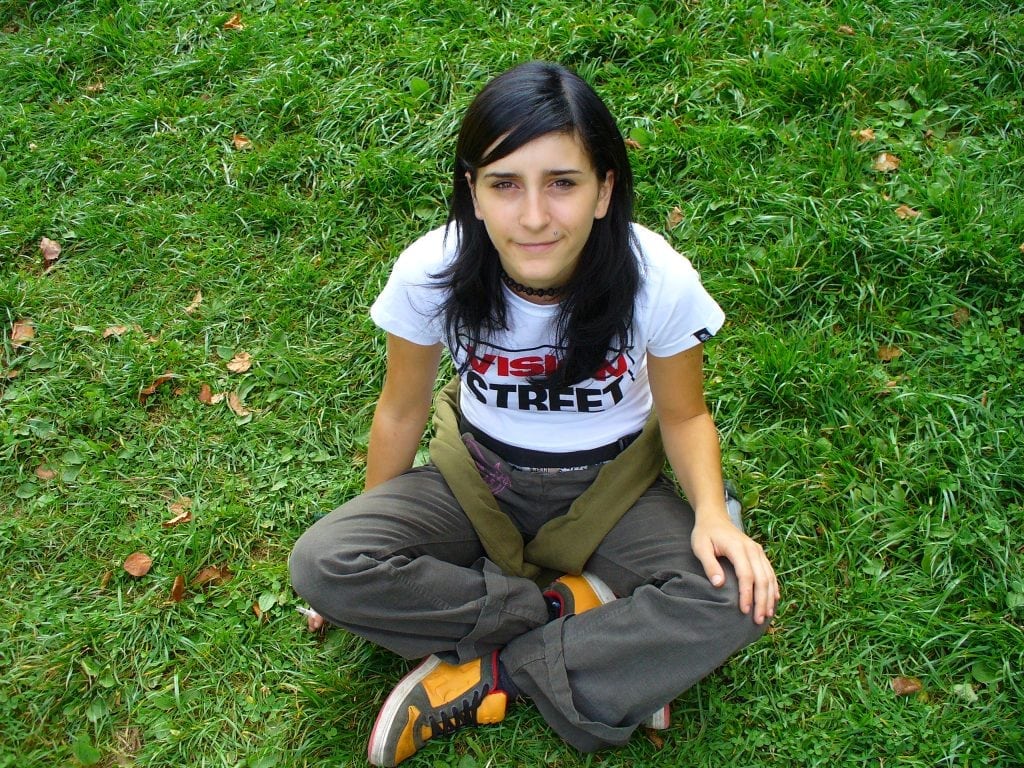
A few minutes of mindfulness can help your child feel more peaceful, and ready to face school or homework. PHOTO BY RENATA ZAJA/FREEIMAGES.COM
Mindfulness and focusing have the potential to help children achieve school success with peace. I am talking about not just your peace of mind as a parent, but peace and ease for your children if they are experiencing aversion towards school or homework.
Mindfully focusing at school can help students get through their day with greater ease and success. The effect of mindfulness on the brain supports increased memory, positive emotions and physical state, increased confidence and a greater sense of overall control, even when getting through something like homework, which may seem at some level out of their control.
The following is a short, helpful exercise I have practiced with many children to gain such ease and well-being. Your child can practice it at home first, before doing homework, and then practice it when needed at school.
- Ask your child to sit as if at they are at their school desk. Have them notice things around the room that may be a distraction.
- Next, ask them to find something in the room or at the desk to use as a focusing tool. This could be any simple object within easy view, such as a spot on the wall in front of them, a light switch or a pencil. This tool will help your child ease their focus back to their mindful self, sitting upright but not rigid, with feet on the ground, hands in lap or on the desk, and the breath as their anchor.
- Invite your child to stay focused on the focusing tool or briefly close their eyes, then bring their awareness to their breath for at least three inhalations and exhalations.
- When your child begins to feel a sense of ease, invite them to open their eyes and begin their work or to listen to the teacher (if at school).
Have your child practice shifting their attention and focus back and forth between their focusing tool and their breath, to encourage the ability to be flexible in their mindfulness exercise. Our breath is always there, while a familiar tool or object may not be present.
When people practice meditation even three to five minutes a day for a period of six weeks, they often notice an increase in concentration, emotional regulation, ease and well-being. Mindfulness is a way of being that is useful in active or sedentary times. Whether you are a surgeon, an athlete, a mechanic or a student, mindfulness can increase success. I invite you to give it a try. It can’t hurt, requires little effort (in fact you are already doing most of it if you are breathing), and can bring joy and ease to get your kids through their school day and their homework.
Heidi Gunderson is a licensed Marriage and Family Therapist and a Certified Mindfulness Facilitator based in Pasadena. She specializes in working with children, adolescents and young adults, and has extensive experience providing treatment for clients diagnosed with Autism Spectrum Disorder, ADHD, Disruptive Behavioral Disorders, Adjustment Disorders, and mood disorders such as depression and anxiety. Learn more at www.insightcollective.net.

























